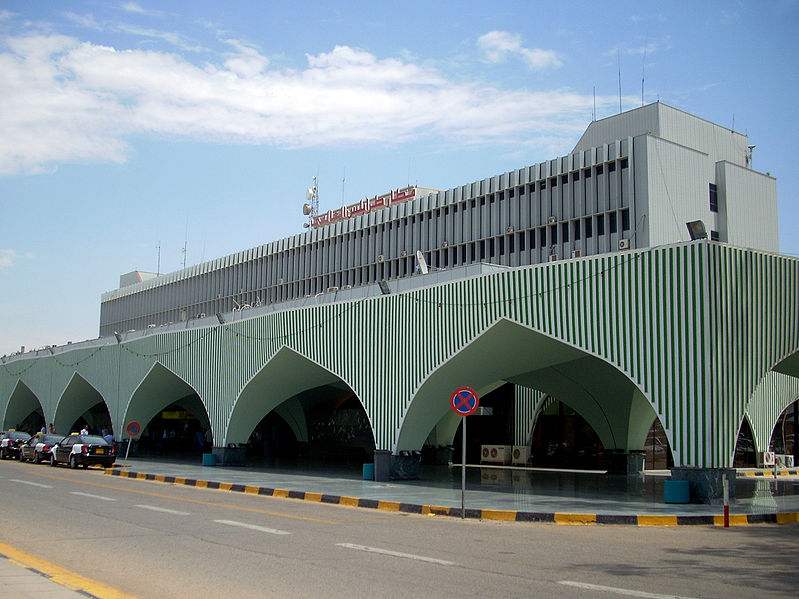By Hadi Fornaji.
Tripoli, 24 July 2014:
The International Criminal Court has thrown out an appeal by Abdullah Senussi that he should be . . .[restrict]tried in the Hague rather than Libya, on the grounds that it believes that the Libyan courts are capable of holding a fair trial.
Lawyers for Qaddafi’s security chief had been challenging a May ICC ruling that Senussi should be tried in Libya.
However, the decision is puzzling some observers because the ICC is still demanding that Muammar Qaddafi’s son, Saif Al-Islam, be handed over to its jurisdiction. It wants to try him in the Hague for crimes committed before and during the revolutions, crimes which in many respects are little different than those with which Senussi has been charged.
The NGO, No Peace Without Justice (NPWJ) has argued that all members of the old regime who are accused of serious offences should be tried in Libyan courts.
“This is just a brief moment in the history of the ICC, “Alison Smith, NPWJ’s legal counsel told the Libya Herald today, “but it is an extremely important hour for Libya. My main concern is that if you take out one person who is the most important, because his fair trial rights cannot be guaranteed, what does it say about the thousands of other people in detention?”
The trial of Senussi along with 34 other defendants including Al-Baghdadi Al-Mahmoudi, the former prime minister and Abu Zeid Dorda who headed the old regimes’s external security agency, to which Saif has been joined by video link from his prison in Zintan, has been adjourned repeatedly.
However not all NGOs share the NPWJ’s confusion that the ICC, which under its founding Rome statue will only mount prosecutions “if the State concerned does not, cannot or is unwilling genuinely to do so” considers Libya able to trial Senussi and his fellow defendants, but nevertheless does not consider its courts competent to try Saif.
Both Human Rights Watch and Amnesty International have criticised the ICC’s refusal to hear Senussi’s case.
Richard Dicker, the director of HRW’s International Justice Programme said: “Today’s decision comes out at a time when the challenges facing Libya’s justice system continue to mount at an alarming pace. Libya has done little to provide Senussi basic due process rights, like thousands of others detained across the country, who remain without any meaningful access to a lawyer.”
He continued: “As the country enters another month of chaos, where judges, lawyers and prosecutors are being killed, it’s hard to imagine that Libya can hold any fair trial, much less a trial of this sensitivity and significance”.
Dicker said that HRW looked to the ICC prosecutor to monitor Senussi’s prosecution in Libya and to be prepared to ask the Hague court to reconsider its decision “if necessary”.
Amnesty International meanwhile described the ICC’s decision as “deeply alarming” in the light of “the overwhelming security vacuum”.
In a statement this afternoon, Amnesty said that it believed that the weak state of the Libyan judiciary meant it would not be possible for Senussi to receive a fair trial. It said it had several reservations about violations of his due process rights. It also explained that it had deep concerns because, if convicted in Libya, Senussi could face a death sentence, a punishment which it said, “Amnesty International opposes in all circumstances”. [/restrict]









